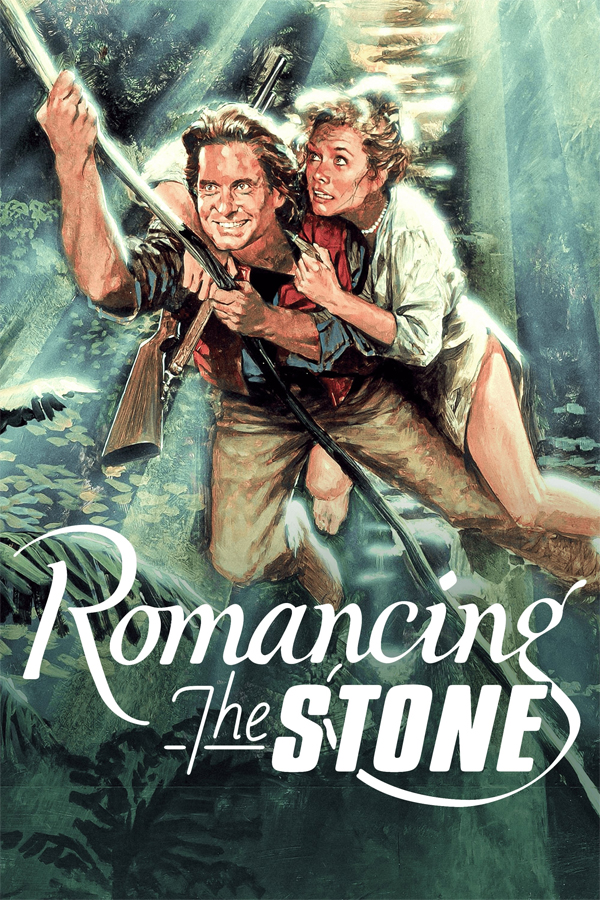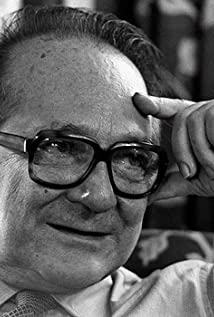asquale Festa Campanile (Melfi, July 28, 1927 - Rome, February 25, 1986) was an Italian screenwriter, film director and novelist known mainly as an important exponent of the All'Italian comedy genre Born in Melfi, in the province of Potenza, he moved to Rome from a very young age. He began as a writer and literary critic. The nonna Sabella, one of his novels, was later adapted by Dino Risi into the film of the same name, known internationally as Oh! Sabella (1957).
He began his film career as a screenwriter with Faddija - La legge della vendetta (1949) by Roberto Bianchi Montero and later co-produced masterpieces of Italian cinema such as Poveri ma belli (1957) by Risi and Rocco e i suoi fratelli (1960) and Il gattopardo (1963) by Luchi
His first film as a director will be A sentimental attempt (1963), with Massimo Franciosa. Subsequently, he made many films of the All'Italian comedy genre, such as La matriarca (1969), Il merlo maschio (1971), Jus primae noctis (1972) and Conviene far bene l'amore (1975), based on his novel of the same name.
Pasquale Festa Campanile collaborated with Italian singer and actor Adriano Celentano, directing him in films such as Rugantino (1973), Qua la mano (1980) and Bingo Bongo (1982). Other notable films are Il soldato di ventura, a satirical review of Barletta's challenge; the crime film Autostop rosso sangue (1977); the LGBT-themed film Nessuno è perfetto (1981); Il petomane (1983), based on the biography of the French businessman Joseph Pujol and Uno scandal
He died of a kidney tumor in Rome in 1986 Festa Campanile married the Italian painter Anna Salvatore, from whom he divorced in 1962. Subsequently, he interacted with actresses [[Maria Grazia Spina], Catherine Spaak and Lilli Carati. He married his last wife, Rosalba Mazzamuto, a year before his death.

